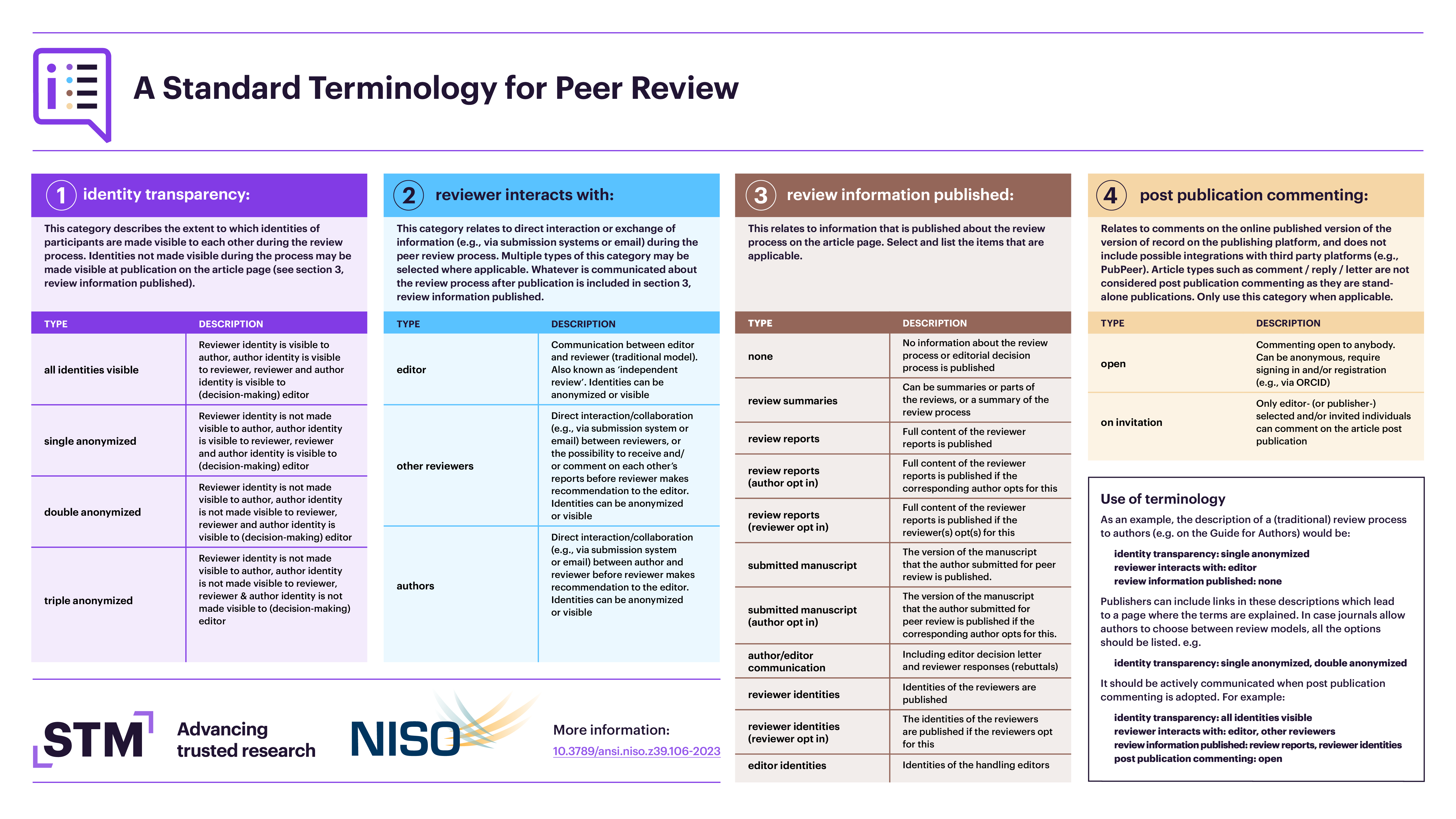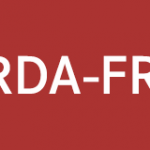OCLC releases Dewey linked data
OCLC is unlocking the power of the Dewey Decimal Classification (DDC) to build an increasingly robust linked data infrastructure by creating uniform resource identifiers (URIs) for Dewey numbers. This Dewey linked data provides subject classifications to Works entities in WorldCat Entities, creating a layer of new relationships for knowledge graphs that power discovery. These identifiers make the Dewey classification numbers more meaningful, create connections between broad classification numbers and specific subject topics, and provide multi-language labels for otherwise opaque numbers.
Learn more about OCLC WebDewey service.





